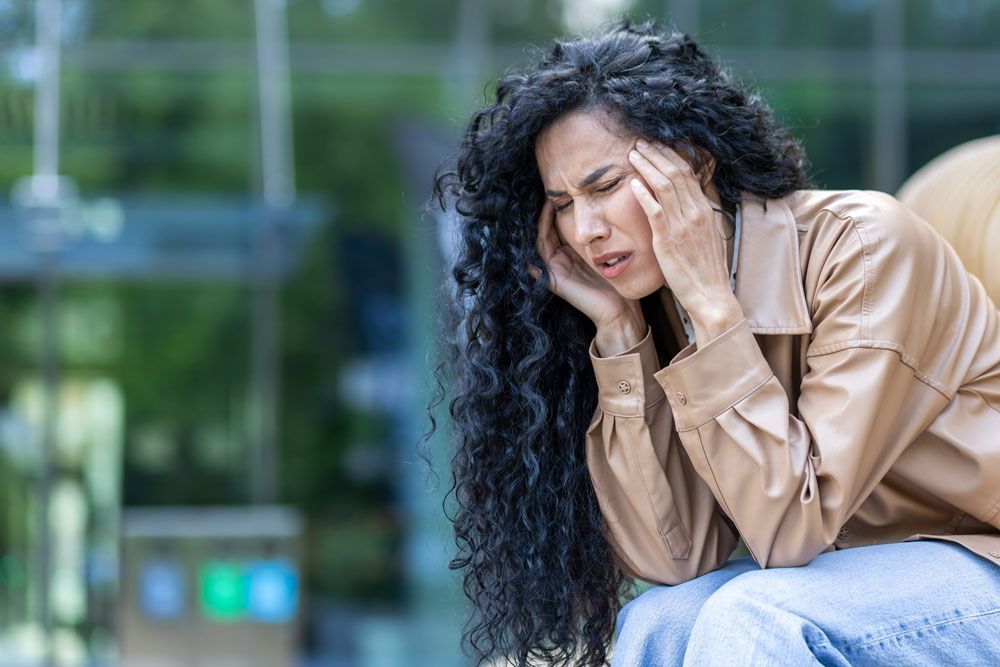Acupuncture for Insomnia: Regaining Restful Nights and Revitalized Days
Can Acupuncture Help With Insomnia?

Acupuncture for Insomnia: Regaining Restful Nights and Revitalized Days
In today's fast-paced world, insomnia has become a prevalent issue, robbing many of us of the restorative sleep we desperately need. Countless individuals find themselves tossing and turning, struggling to find a moment of respite from racing thoughts and restless nights. However, there is hope! Acupuncture, an ancient healing art, offers a holistic approach to address insomnia and restore balance to the body and mind. In this blog post, we will explore how acupuncture can be an effective solution for insomnia, providing you with the tools to regain restful nights and revitalize your days.
Understanding Insomnia: Insomnia, characterized by difficulty falling asleep, staying asleep, or experiencing non-restorative sleep, can have a significant impact on our physical, mental, and emotional well-being. Stress, anxiety, lifestyle factors, and underlying health conditions can contribute to the development of insomnia. The consequences of chronic sleep deprivation can be far-reaching, affecting mood, concentration, productivity, and overall quality of life.
- Acupuncture and Sleep: Acupuncture, a key component of Traditional Chinese Medicine (TCM), views sleep disruptions as an imbalance in the body's energy flow. By targeting specific acupoints along energy pathways known as meridians, acupuncture aims to restore the flow of Qi (pronounced "chee"), the vital energy that sustains us. According to TCM, insomnia is often linked to imbalances in the heart, liver, and spleen meridians, which can be addressed through acupuncture.Acupuncture promotes better sleep by stimulating the release of endorphins, activating the relaxation response, and regulating the body's hormonal and nervous systems. The treatment helps reduce stress and anxiety, calm the mind, and induce a state of deep relaxation. By harmonizing the body's energy, acupuncture addresses the root causes of insomnia rather than merely treating the symptoms.
- The Acupuncture Procedure: During an acupuncture session, a licensed practitioner will carefully assess your sleep patterns, medical history, and overall health to create a personalized treatment plan. The practitioner will gently insert thin, sterile needles into specific acupoints on your body, targeting areas associated with sleep regulation, relaxation, and stress reduction. Acupuncture is generally painless, with most individuals experiencing a sense of deep relaxation during the treatment. Some people may feel a slight tingling or a sensation of energy movement along the meridians. The session typically lasts around 30 minutes to an hour, during which you will have the opportunity to unwind and allow the acupuncture to work its magic.
- Benefits of Acupuncture for Insomnia: Acupuncture offers numerous benefits for those struggling with insomnia. Firstly, it helps regulate sleep patterns, promoting the onset of sleep and improving overall sleep quality. By addressing underlying imbalances, acupuncture helps to restore the body's natural sleep-wake cycle, enabling you to experience more restorative and uninterrupted sleep. Furthermore, acupuncture can reduce anxiety and stress levels, quieting the mind and creating a sense of calm. This relaxation response not only aids in falling asleep but also ensures a more restful sleep throughout the night. Acupuncture sessions can also help to alleviate other symptoms associated with insomnia, such as headaches, muscle tension, and fatigue.
- Combining Acupuncture with Other Strategies: While acupuncture can be highly effective in treating insomnia, it is often beneficial to combine it with other self-care strategies. Healthy sleep habits, such as maintaining a consistent sleep schedule, creating a relaxing bedtime routine, and optimizing the sleep environment, can enhance the benefits of acupuncture. Additionally, incorporating stress-reduction techniques like meditation, yoga, or deep breathing exercises can complement the effects of acupuncture, promoting a more peaceful and rejuvenating sleep experience.
Conclusion: If insomnia has been plaguing your nights and leaving you feeling drained and fatigued during the day, acupuncture offers a holistic approach to help you regain restful nights and revitalize your days. By restoring the body's natural balance, reducing stress, and promoting relaxation, acupuncture addresses the underlying imbalances contributing to sleep disruptions. Consider exploring acupuncture as a safe and effective alternative or complementary treatment for insomnia, and experience the transformative power of this ancient healing art in reclaiming the restorative sleep you deserve.
Omaha Chiropractors and Acupuncture










